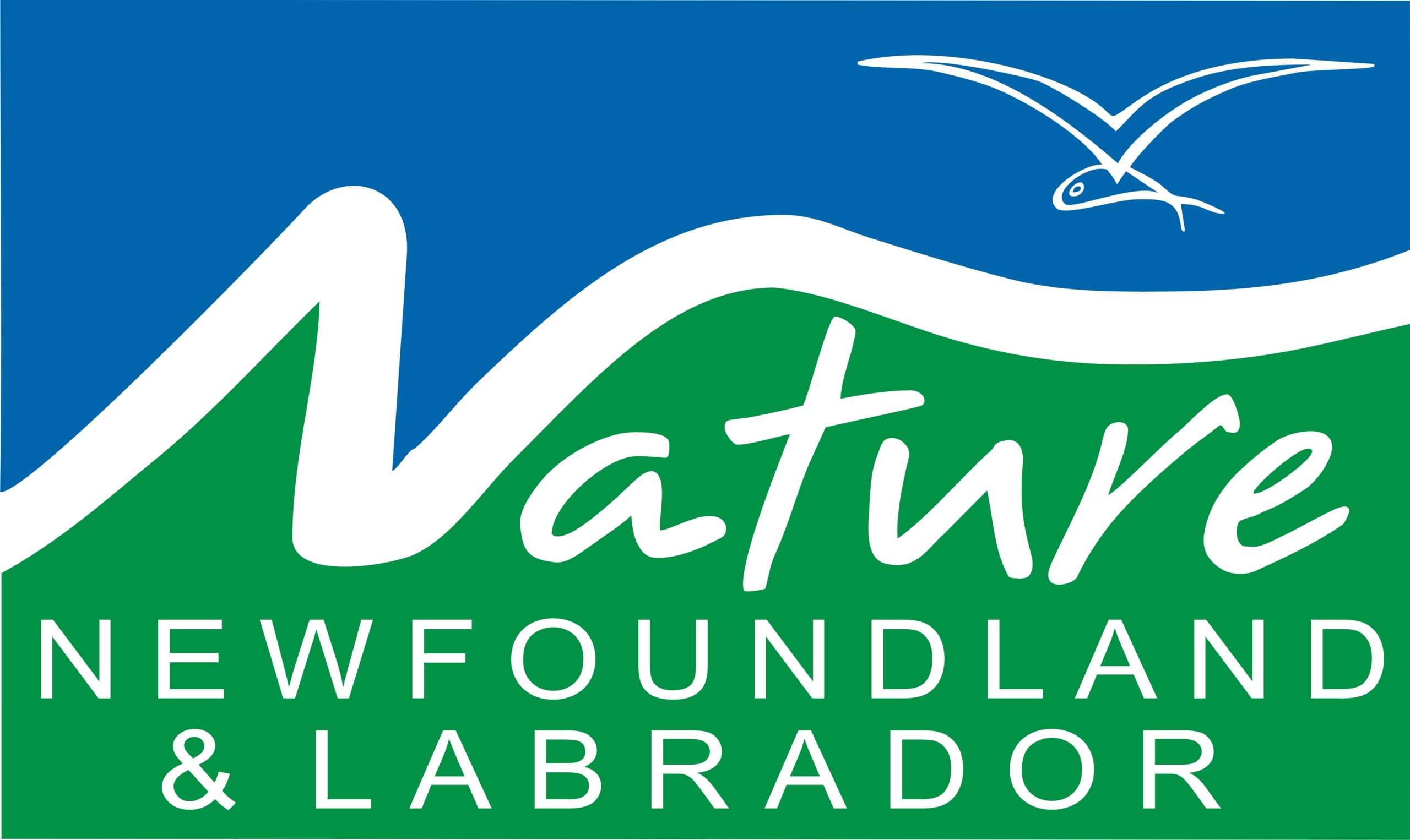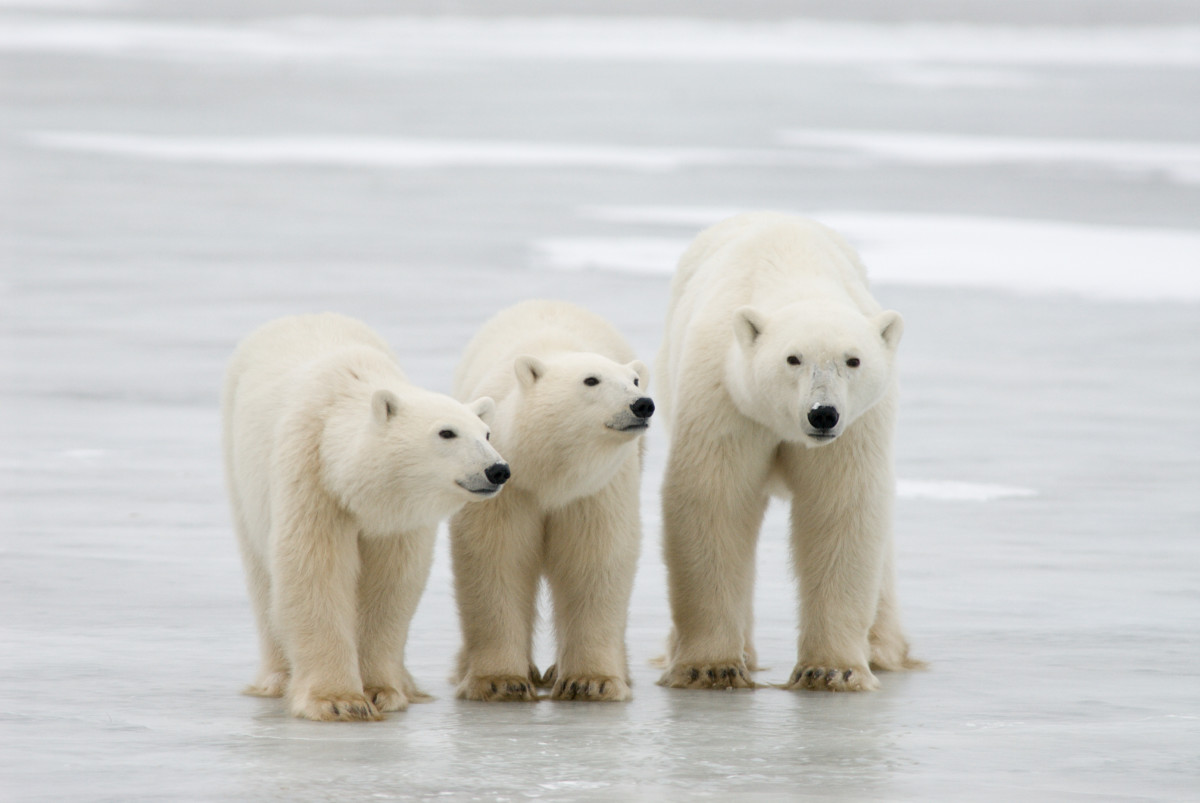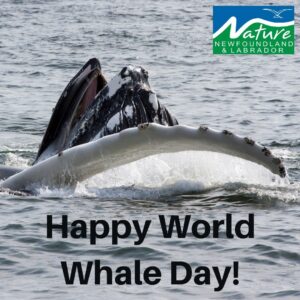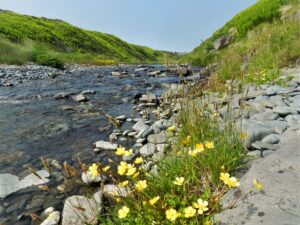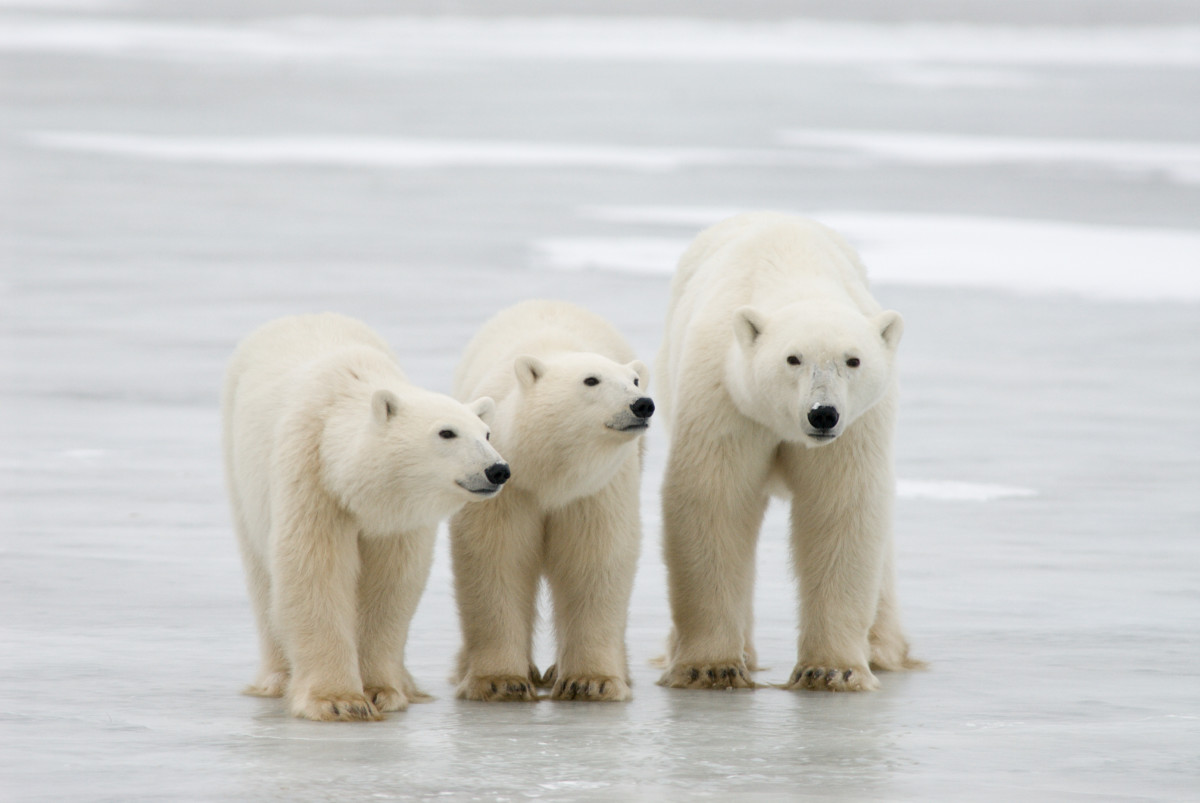
Polar Bears are on the top of the food chain and play a crucial role in the overall health of the marine environment. Polar Bears are considered marine mammals because they spend most of their lives on sea ice and depend on the ocean for food. There are 19 subpopulations of Polar Bears in the world, 14 of which are found in Canada.
Did you know that:
- The Inuit word for Polar bear is “nanuk”. The Latin name is Ursus Maritimus, which means “sea bear”.
- Polar Bears live in the Arctic and can be found in Alaska in the US, Canada, Russia, Greenland, and on Svalbard in Norway. There are an estimated 26,000 -31,000 Polar Nears in the world – ⅔ of those can be found in Canada.
- The N/E coast of Newfoundland and Labrador is part of the Davis Strait subpopulation which has around 2,100 bears.
- The average lifespan of a Polar Bear is 15 – 18 years.
- Adult female Polar Bears weigh between 350 – 650lbs (approx. 160 – 300kg). Adult males normally weigh between 800 – 1,300lbs (approx. 650 – 590kg).
- Polar Bears walk at a speed of about 5 – 6 km/hr, but can gallop as fast as a horse.
- Polar Bears have black skin! They appear white because their fur is translucents and reflects light.
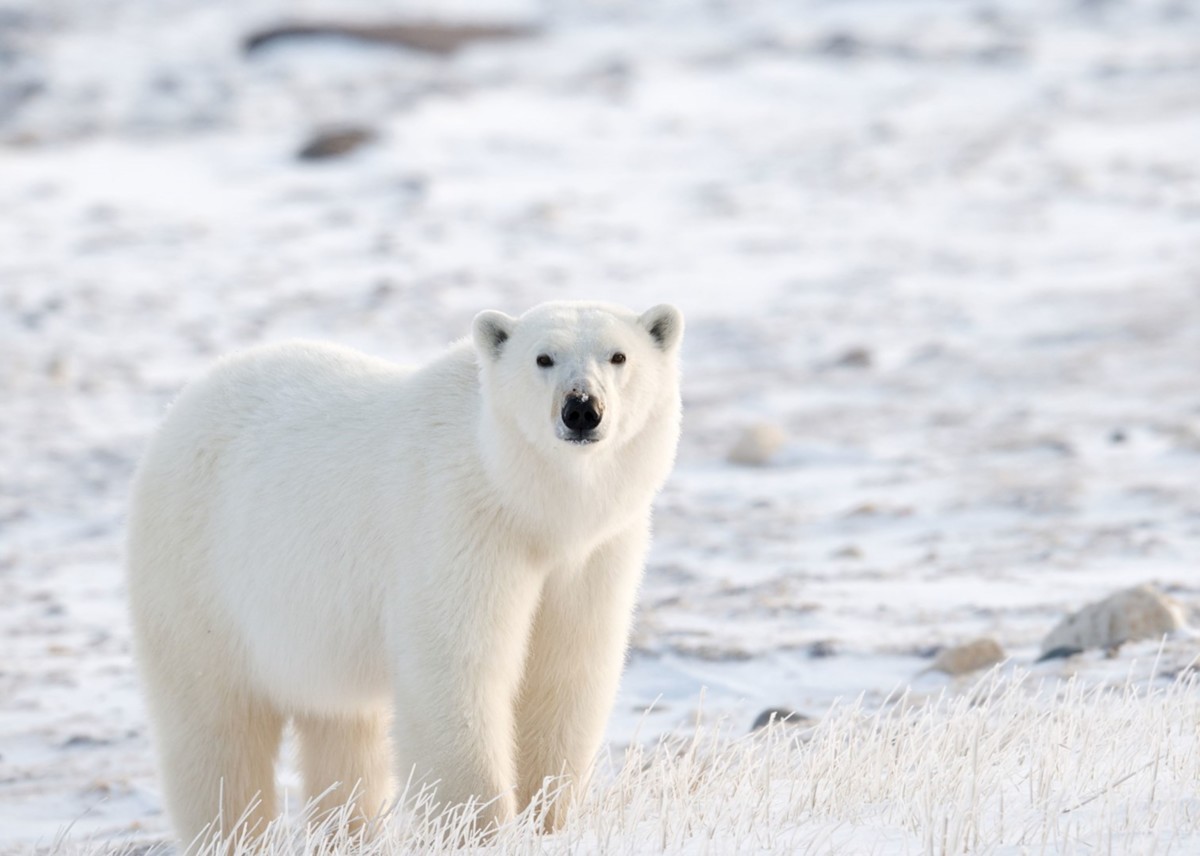
Polar Bear safety:
If you see a Polar Bear you should:
- Quietly back away and leave in the direction you came or create a wide gap around the bear.
- Stay downwind so the bear does not smell you or know you are in the area.
- Keep the bear in your sight at all times.
If you accidentally walk up on a Polar Bear who is in close proximity and is showing signs of aggression:
- Do not shout or make any sudden movements as this may provoke the bear.
- Do not run.
- Be prepared to defend yourself.
- Use a deterrent if available.
If a Polar Bear charges:
- Stand your ground and be prepared to fight.
- Focus on hitting the polar bear in the face and nose – these are very sensitive areas.
About the Indian Bay Ecosystem Corporation (IBEC)’s Polar Bear project:
The project “Understanding the movement and behaviour of the sub-population of the Davis Strait Polar Bear” has been a collaboration between the Inuit of Labrador, provincial and federal governments, local and provincial partnerships, and the environmental non-profit sector. Through funding from Environment and Climate Change Canada’s Habitat Stewardship Program, knowledge has been obtained from various parties which has allowed IBEC to further study the sub-population and to greatly increase the educational element to those on the northeast coast of the island. Through utilizing Inuit teachings and experiences from coastal Labrador, IBEC has developed literature, signage, and presentations that have already been shared with local schools, provincial Wildlife officers, and the Royal Canadian Mounted Police. Firsthand interviews, documented encounters with Polar Bears, and sea ice data, also have been vital to understanding movement patterns and behaviours of the sub-population during the project period.
On Feb 24, 2022IBEC and Nature NL co-hosted a public talk with Inuit elder Derrick Pottle.
In case you missed our co-hosted talk with Derrick Pottle, check out the 709 Watershed podcast: https://www.buzzsprout.com/546025/10153733
About the podcast:
Inuit elder Derrick Pottle chats with host Darren Sheppard about Polar Bear safety, his experiences with Polar Bears, conducting hunts, and guiding tourist in the North for “Nanuk”. His knowledge and guidance regarding the sub-population of the Davis Strait Polar Bear is amazing, and his detailed storytelling comes through easily in this episode. Working with us via our project with the Department of Environment and Climate Change Canada, Derrick has been a tremendous source of guidance regarding the cultural aspect of how the Inuit of Labrador deal with Polar Bears.
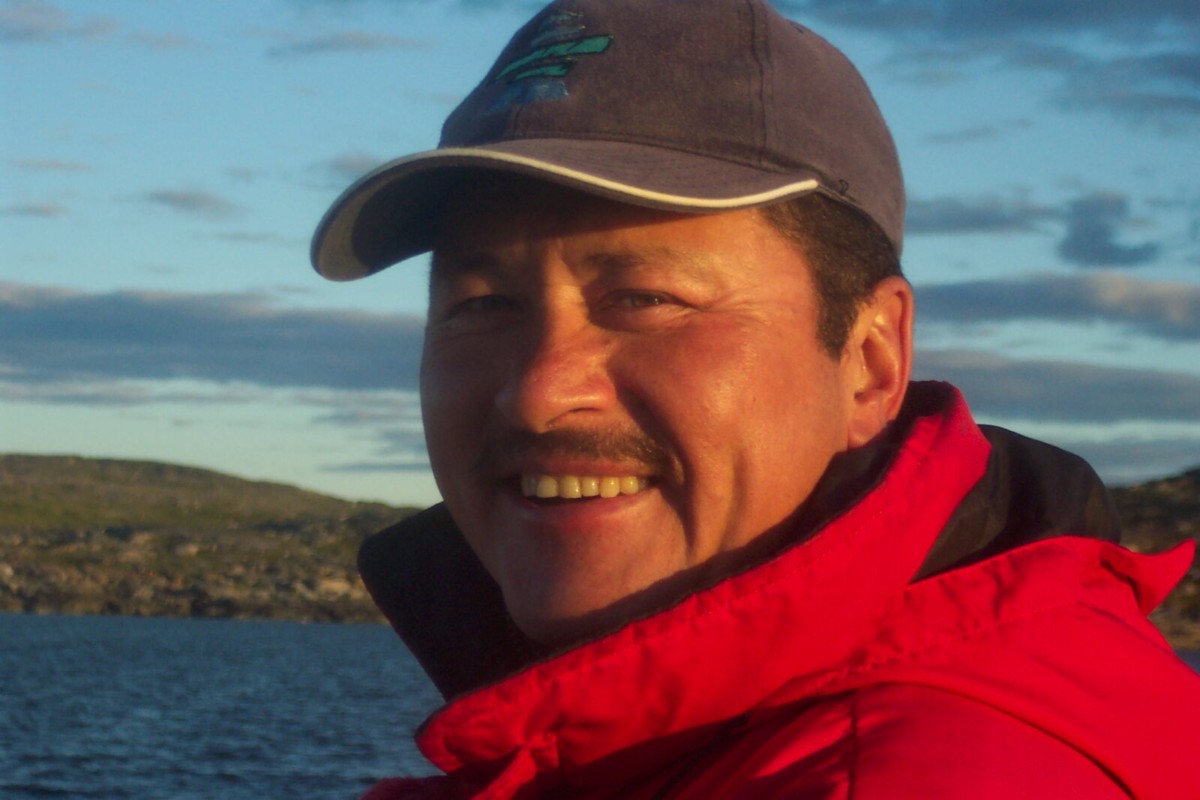
More resources:
https://polarbearsinternational.org
